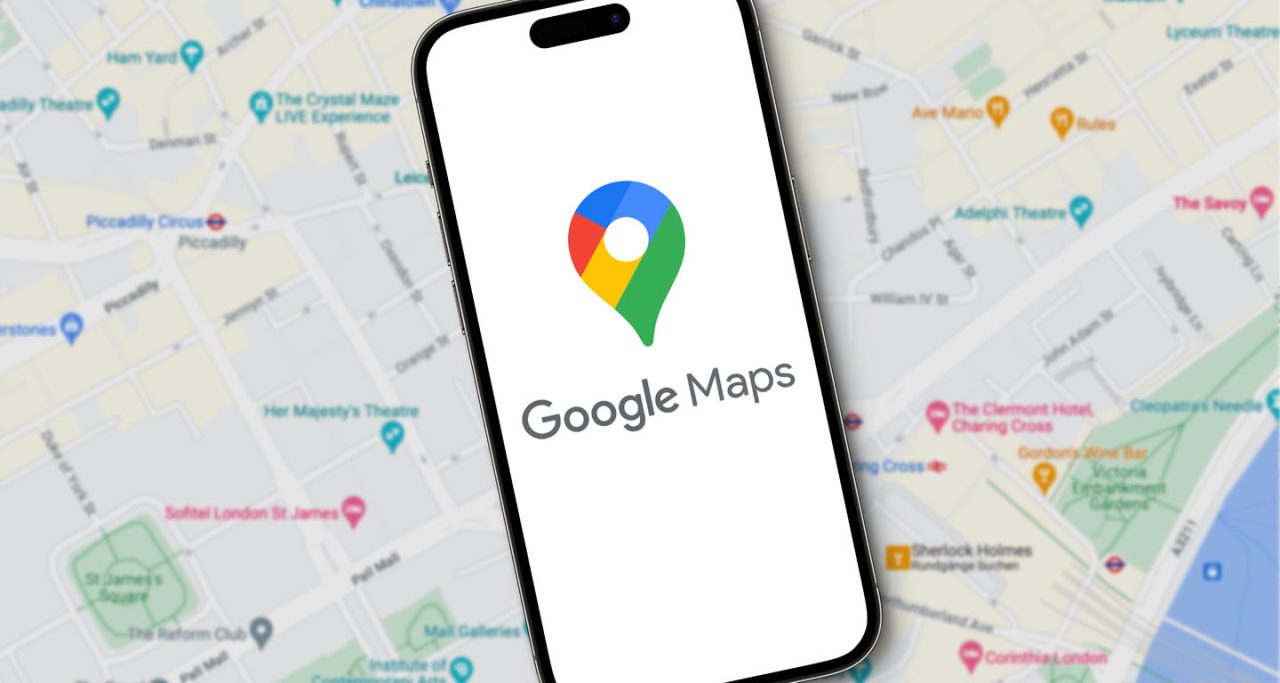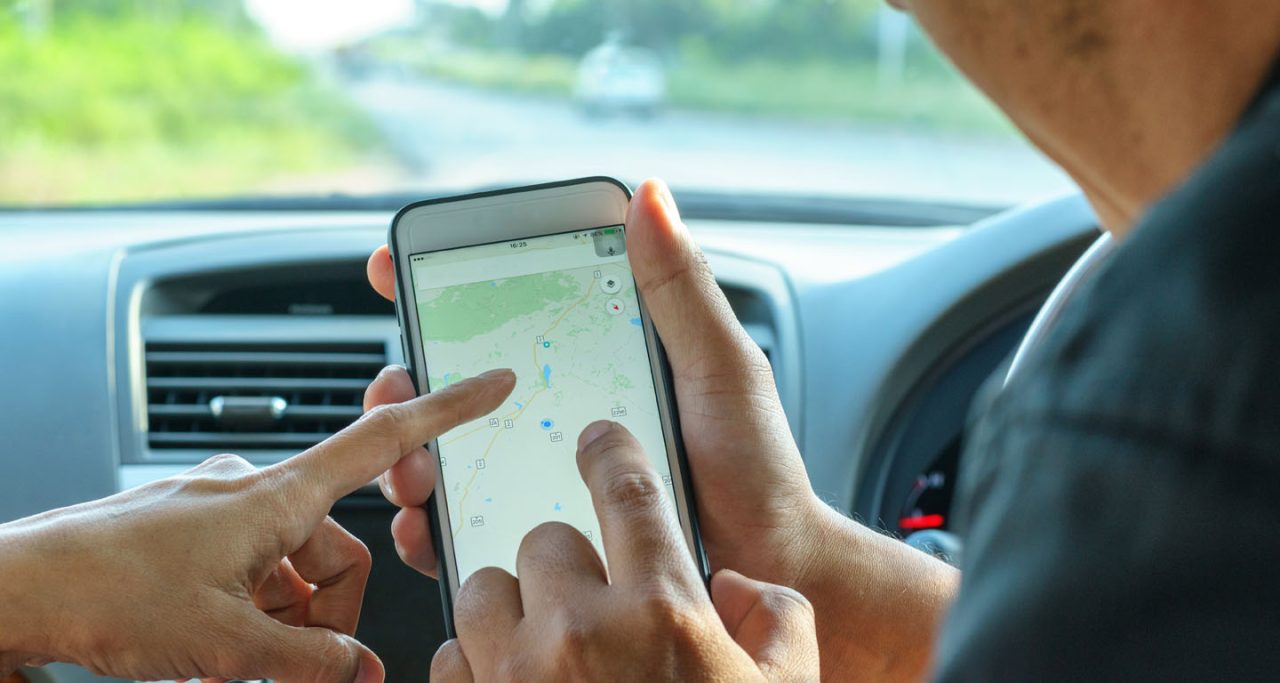Local SEO is the process of optimising your online presence to get more business from local searches.
When someone needs a product or service they’ll usually go to Google first. But when they need something local – a café, a plumber, a solicitor – they want results that are not just relevant but local. That’s where Local SEO comes in.
Local SEO is the process of optimising your online presence to get more business from local searches. As more people use their phones and computers to find local solutions, being in those searches can make or break a business. For small and medium sized businesses especially those serving a specific area, Local SEO isn’t just important – it’s crucial.
In this post we’ll go into what Local SEO is, why it matters, the elements of it and how you can optimise your website to get the attention of local customers.
What is Local SEO?
At its simplest Local SEO is a branch of search engine optimisation (SEO) that focuses on getting a business visible in local search results. Unlike general SEO which is about attracting a broad often global audience, Local SEO is about people searching for services or products in a specific geographic area.
For example if someone searches for “Italian restaurant near me” or “emergency electrician in Reading” Google will use location data to show businesses that are relevant and nearby. Businesses that rely on foot traffic or serve local communities – cafes, plumbers, salons, solicitors – can benefit greatly from Local SEO.
The goal of Local SEO is simple: when someone nearby searches for your type of business, your business shows up in the results. This often means optimising for keywords with geographic intent (e.g. “web designer in Reading”) and ensuring your business details are consistent across online directories.
Elements of Local SEO
Local SEO involves several key components that work together to get you visible in local search.
1. Google Business Profile (formerly Google My Business)
Your Google Business Profile (GBP) is the most important part of Local SEO. This free tool allows you to create a detailed listing that shows up in Google’s local search results and Google Maps. Your profile includes the basics like business name, address, phone number, website, hours of operation and customer reviews.
Completing your GBP helps Google know what your business offers and where it’s located, so it’s easier for potential customers to find you. Make sure your profile is complete, accurate and up to date. Add high quality photos, respond to customer questions and keep your business hours up to date especially during holidays.
2. Local Citations and NAP Consistency
Local citations are online mentions of your business’s Name, Address and Phone Number (NAP) on websites like Yelp, Yellow Pages and local business directories. These citations help Google know that your business information is accurate and consistent across the web.
Consistency is key. If your NAP details are different on each site, search engines will get confused and that can harm your Local SEO. Audit your business listings regularly to ensure your NAP is consistent everywhere.

Benefits of Local SEO
Investing in Local SEO can bring several tangible benefits to your business so potential customers in your area can find and choose you.
1. Local Search Visibility
One of the biggest benefits of Local SEO is increased visibility in local search results. When someone searches for a service you offer in your area, Local SEO means your business will show up. This includes showing up in the Local Pack – the box of three local businesses that often appears at the top of Google’s search results.
For example a search for “carpenter in Birmingham” might show a Local Pack with three carpenters, with contact details, ratings and a map. Being in this pack increases your chances of being chosen.
2. More Foot Traffic and Calls
With increased local visibility comes more foot traffic and phone calls. When your business shows up in local search, potential customers are more likely to visit your location or get in touch directly. According to Google 76% of people who search for something on their smartphone visit a business within 24 hours and 28% of those searches result in a purchase.
If your business relies on in-person visits, whether you have a shop, restaurant or clinic, Local SEO can bring more customers through your door.
3. Compete with Local Businesses
Local SEO is a leveller, allowing smaller businesses to compete with larger national brands. Big businesses may dominate global search results but local search is about proximity and relevance. If your Local SEO is strong you can outrank larger competitors in your area and make it easier for local customers to find and support your business.
Local SEO for Your Website
To get the most out of Local SEO your website needs to be optimised for local search. Here are some tips:
1. Add Local Keywords
Add local keywords to your website content, meta titles and headings. These are phrases that include your location, such as “carpenter in Birmingham” or “web design services in Manchester”.
Write content that naturally includes these keywords without sounding spammy. For example a blog post titled “5 Web Design Tips for Small Businesses in Birmingham” will attract local search traffic and provide value.
2. Location Pages
If you serve multiple locations consider creating pages for each one. For example if you’re a landscaper in Reading, Oxford and Newbury have a page for each location with relevant content, testimonials and photos.
These location pages allow you to target local keywords more effectively and provide information that’s relevant to each area. Make sure to include your NAP details, service descriptions and any localised content that makes each page unique.

Reviews and Testimonials
Reviews are the foundation of successful Local SEO. Google and other search engines take reviews into account when deciding which businesses to show in local search results. And reviews build trust and credibility with potential customers.
Encourage your happy customers to leave reviews on your Google Business Profile and other platforms like Yelp or Trustpilot. The more genuine positive reviews you have the more likely new customers will trust your business.
Make it easy by providing direct links to your review profiles. You can ask for reviews in follow-up emails, on receipts or in person after a service. Don’t forget to respond to reviews, both positive and negative, professionally and promptly. This shows you value customer feedback and care about your service.
Local Link Building
Link building is another important part of Local SEO. Local backlinks, links from local websites to yours, will establish your business as an authority and relevance in your area.
Start by reaching out to local businesses, chambers of commerce, news sites and community organisations. Collaborate on projects, sponsor local events or write guest posts for local blogs. These will earn you backlinks and increase your visibility in the community.
Also consider submitting your website to local directories and listings. The more local sites link to you the more search engines will see your business as a trusted local authority.
Conclusion
Local SEO is a must for any business looking to get local customers. By optimising your online presence for local search you’ll increase your visibility, foot traffic and calls and compete with other businesses in your area.
Whether you’re just starting out with Local SEO or looking to optimise your strategy invest in these efforts and see the impact on your business growth. Don’t miss out on customers searching for businesses like yours, make sure they can find you.
Get started and optimise your website, create a Google Business Profile and ask for reviews. Local SEO isn’t a one off it’s an ongoing process.